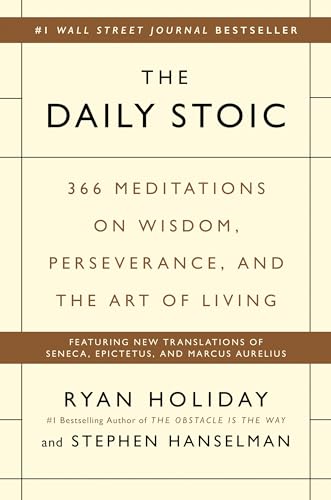Yes, it’s normal to cry during meditation as it can release pent-up emotions and promote healing, reflecting deep emotional processing.
Many people are surprised when tears flow during meditation. What starts as a peaceful practice can suddenly turn emotional. If this happens to you, know it’s completely normal and often a sign of deep healing.

Why Do People Cry During Meditation?
Crying during meditation occurs for several powerful reasons. Your body uses this time of stillness to release pent-up emotions and energy.
1. Emotional Release
Meditation creates space for buried emotions to surface. Like unclogging a drain, your tears help release stored stress, sadness, or joy. This cleansing process is natural and healthy.
2. Connection to Deep Memories
As your mind quiets, forgotten memories may emerge. The third eye chakra stones can help process these experiences with clarity when used during meditation.
3. Physical Relaxation
Your eyes naturally produce tears when relaxed. This isn’t emotional crying but rather your body’s way of cleansing and hydrating your eyes.

The Science Behind Meditation Tears
Research shows meditation activates the parasympathetic nervous system. This triggers emotional releases as described in a Harvard Medical School study on meditation and emotional processing.
| Type of Release | Physical Response |
|---|---|
| Emotional catharsis | Deep breathing, tears |
| Memory processing | Rapid eye movement |
| Physical relaxation | Slowed heart rate |
How to Handle Tears During Meditation
1. Don’t Resist
Let the tears flow naturally. Suppressing emotions defeats meditation’s purpose. Keep a box of tissues nearby if needed.
2. Use Supportive Tools
Consider holding heart chakra crystals like rose quartz to comfort emotional releases.
3. Journal Afterwards
Write down any insights that emerged. This helps process the experience and track emotional patterns.
When Crying Signals Deeper Issues
While usually healthy, frequent intense crying may indicate:
- Unresolved trauma
- Chronic stress
- Depression
According to the American Psychological Association, meditation can surface emotions that need professional support. If crying episodes feel overwhelming, consider speaking with a therapist.
Turning Tears Into Growth
Many spiritual traditions view meditation tears as sacred. They represent:
- Breaking through emotional barriers
- Connecting with your authentic self
- Releasing what no longer serves you
Next time tears come during meditation, breathe through them. This emotional release creates space for greater peace and self-awareness in your practice.
